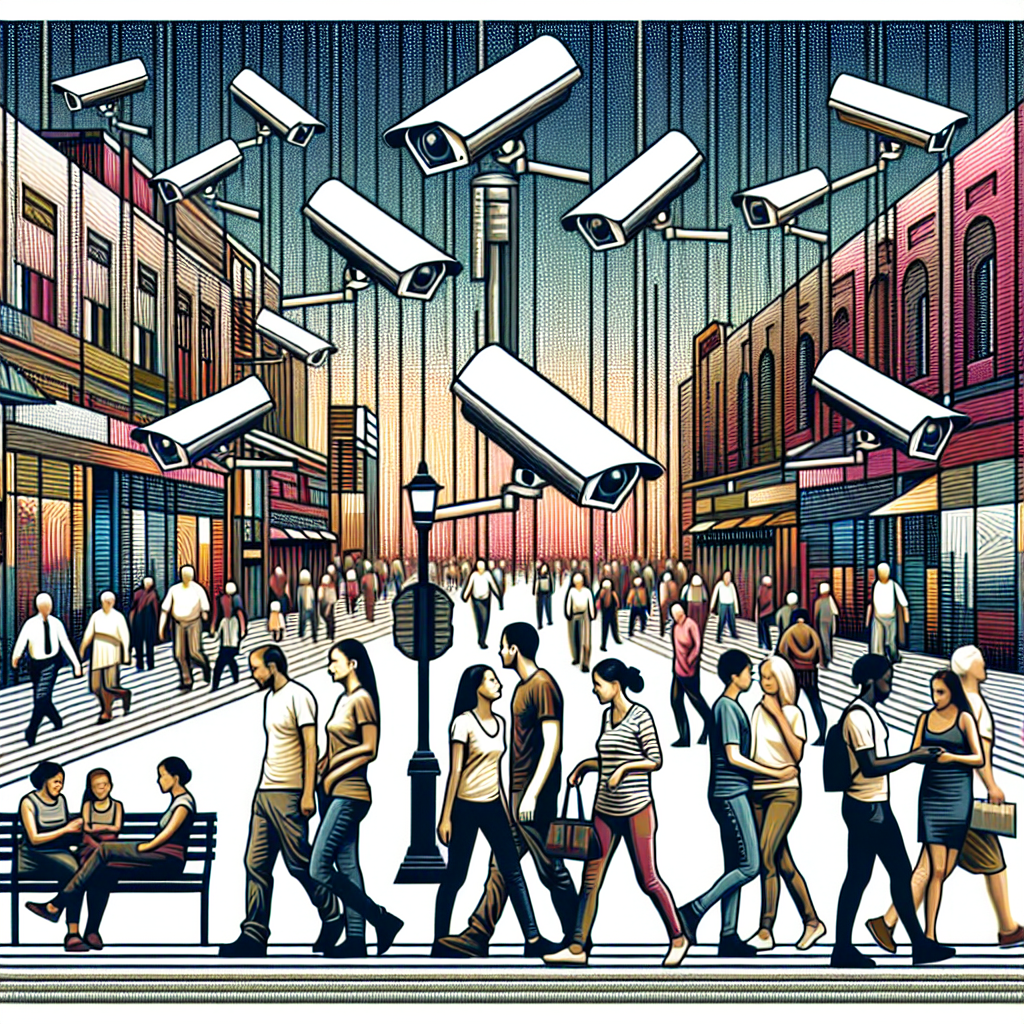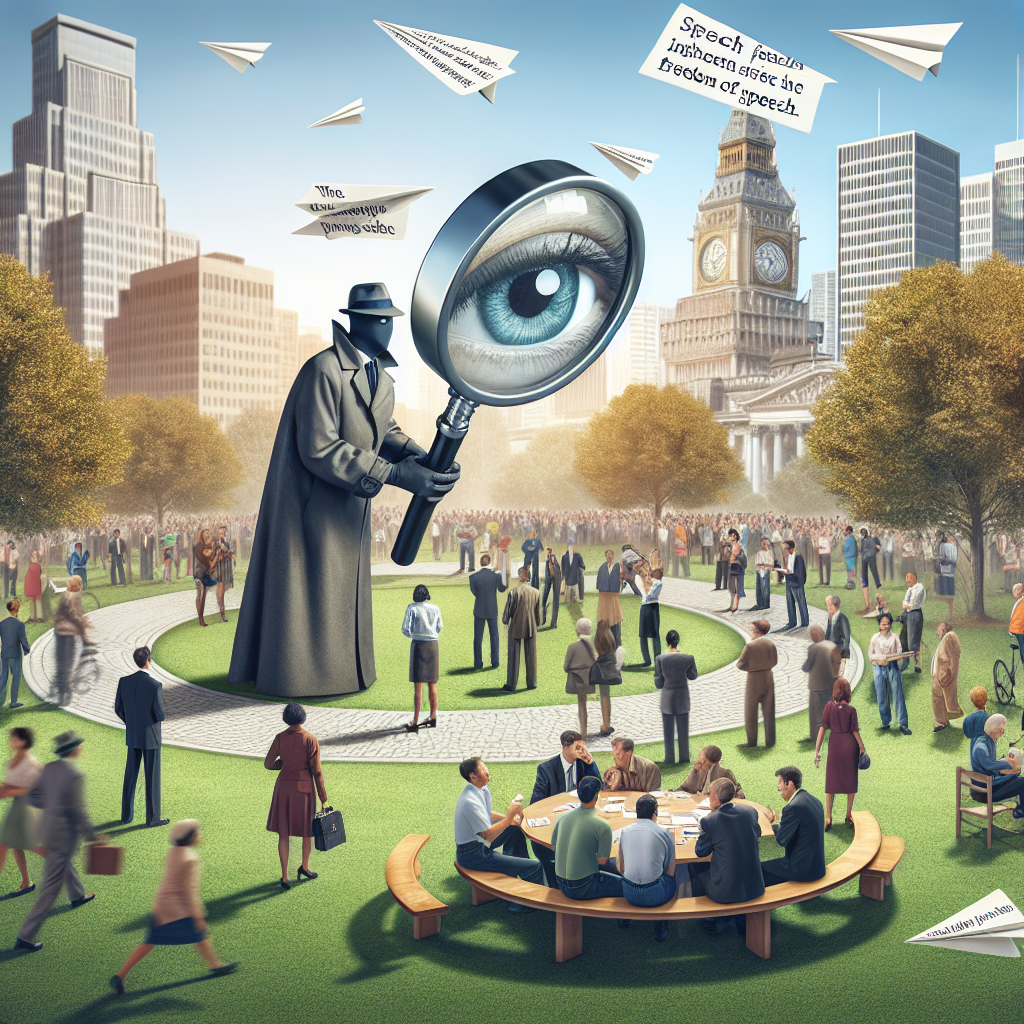The Role of International Organizations in the New World Order
Understanding the New World Order
The concept of a “New World Order” encompasses political, economic, and social changes shaping global relations and governance, especially following the Cold War’s end. International organizations have emerged as pivotal actors in navigating this complex landscape. As the fabric of geopolitics evolves, these entities work to address transnational challenges such as climate change, health crises, and security threats.
Types of International Organizations
International organizations can be categorized into two primary types: intergovernmental organizations (IGOs) and non-governmental organizations (NGOs). IGOs like the United Nations (UN), World Trade Organization (WTO), and North Atlantic Treaty Organization (NATO) are formed by treaties among sovereign states to cooperate on issues of common interest. In contrast, NGOs such as Amnesty International and Greenpeace operate independently of governments, advocating for human rights, environmental protection, and humanitarian assistance.
The United Nations: A Pillar of Global Governance
The United Nations represents the cornerstone of international collaboration. Established to foster peace and security, it comprises multiple specialized agencies like the World Health Organization (WHO) and the United Nations Educational, Scientific and Cultural Organization (UNESCO). The UN’s influence extends to enforcing international law, mediating conflicts, and promoting sustainable development through initiatives like the Sustainable Development Goals (SDGs).
Security and Peacekeeping Efforts
International organizations play a critical role in maintaining global security. The UN Security Council, tasked with preventing war and conflict, operates through a framework of collective security. UN peacekeeping missions, often deployed to areas embroiled in civil conflict or post-war recovery, exemplify how these organizations work to stabilize regions, protect civilians, and foster conditions for lasting peace.
Economic Cooperation and Development
The WTO stands as a testament to international economic collaboration, shaping global trade norms and dispute resolution mechanisms. By promoting free trade, lowering tariffs, and encouraging fair competition, the WTO enhances economic stability and growth. This economic interdependence fosters relationships between nations, reducing the likelihood of conflicts and enabling cooperative responses to global crises, such as pandemics or financial downturns.
Human Rights Advocacy
Human rights are at the forefront of international organizational mandates. Through various treaties and conventions, organizations like the UN Human Rights Council and NGOs amplify voices worldwide. They advocate for legal frameworks that protect fundamental freedoms, holding states accountable for human rights violations. By employing mechanisms such as Universal Periodic Reviews and targeted sanctions, these organizations pursue justice and uphold global standards.
Environmental Protection and Sustainability
International organizations are increasingly pivotal in addressing climate change, an existential threat demanding collective action. Agreements like the Paris Accord orchestrated under the United Nations Framework Convention on Climate Change (UNFCCC) illustrate efforts to unify nations toward reducing greenhouse gas emissions. Organizations mobilize resources, share technology, and foster innovation to combat environmental degradation, proving that effective collaboration is essential for sustainable development.
Health Crises and Global Collaboration
Health organizations like the WHO have risen to prominence in the wake of global health emergencies, such as the COVID-19 pandemic. Their role in coordinating international responses, disseminating information, and ensuring equitable vaccine distribution exemplifies the essential nature of global collaboration. Through frameworks like the International Health Regulations, these organizations ensure that countries are equipped to handle pandemics, emphasizing the interconnectedness of global health.
The Role of Regional Organizations
In addition to global entities, regional organizations play crucial roles in promoting stability and cooperation at the local level. The European Union (EU) fosters economic integration and a shared regulatory framework among member states. Meanwhile, the African Union (AU) addresses political and security challenges on the continent. Such organizations manage regional disputes and promote cooperation on economic and social development, showcasing the diversity of approaches to governance.
Challenges and Criticisms
Despite their significant contributions, international organizations face various challenges that can hinder their effectiveness. Bureaucratic inefficiencies, lack of funding, and political will often impede progress. Additionally, criticisms arise concerning their legitimacy and representativeness, especially regarding decisions made by a limited group of powerful states. These challenges highlight the need for reform and adaptation to ensure that these organizations remain relevant and effective in the New World Order.
The Evolution of Global Governance
As the global landscape evolves, the role of international organizations will continue to transform. Technological advancements, shifting power dynamics, and the rise of non-state actors alter traditional governance structures. International organizations must adapt to these changes, incorporating innovative solutions to address emerging challenges such as cyber security, disinformation, and global inequality.
The Future of International Organizations
Looking ahead, the future of international organizations will be influenced by their ability to respond to global challenges. Emphasizing resilience, flexibility, and inclusivity will enhance their effectiveness. By prioritizing multilateralism and adapting to the complexities of the modern world, these organizations can strengthen their roles as vital components of the New World Order.
Conclusion
The intricate web woven by international organizations reflects the need for cooperation in an increasingly interconnected world. As these entities evolve and adapt, they will continue playing a crucial role in addressing pressing global issues, fostering peace, and promoting human rights through collaborative efforts across borders. Their significance in the New World Order is undeniable, ensuring that the governance of global affairs remains a shared endeavor.












Leave a Reply